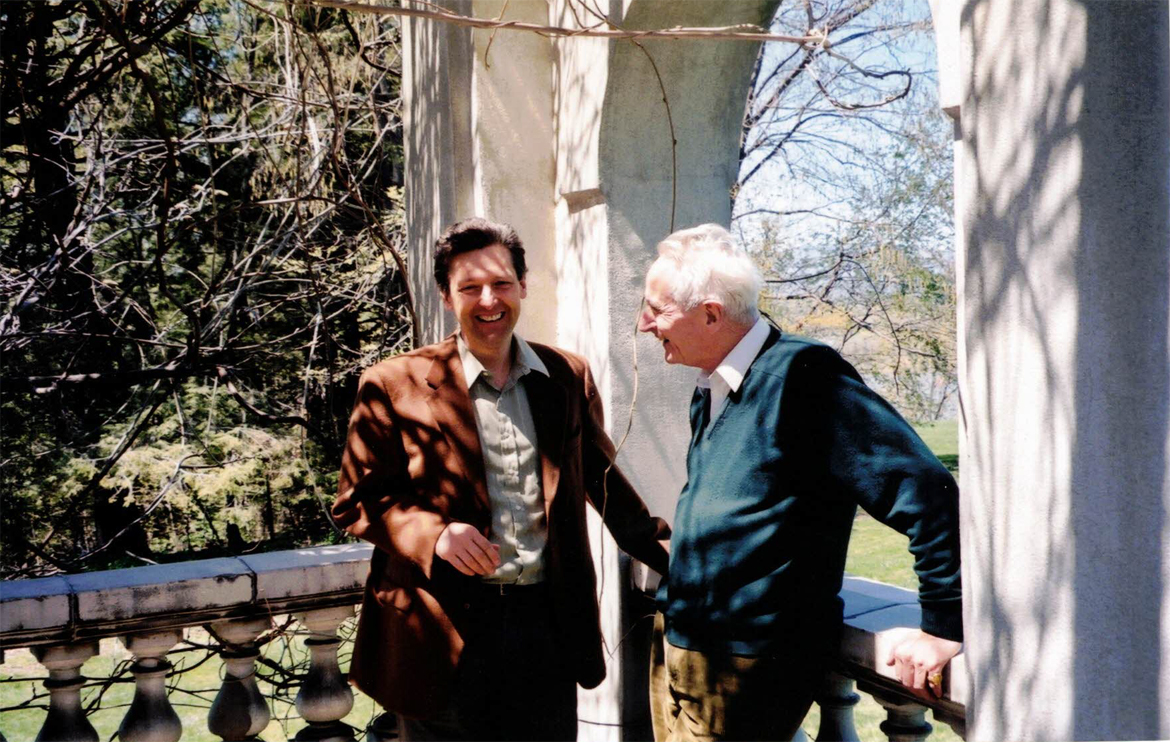You may have noticed the expression (G + X)∕(θ + μ), where G is government expenditure, X is exports, θ is the tax rate, and μ is the propensity to import in stock-flow consistent (SFC) models.
In the book A Biographical Dictionary of Dissenting Economists, Wynne Godley (pages 232-240) says:
… As a result of this apprenticeship at the ‘sharp end’ of economic policymaking, I had formed by the late 1960s a system of views about how the economy works which corresponded roughly to what people now call ‘crude’ Keynesianism. That is, I thought real output and employment were determined by the exogenous variables of the model – government expenditure and exports – interacting sequentially through the combined effects of the multiplier and accelerator, while inflation was a largely contingent process (which, as stated by the OED, ‘may or may not happen’) only weakly related to the pressure of demand (1974a). But I recognized early on that performance in foreign trade was an abiding constraint on growth. In no sense did this set of views make me into a ‘dissenting’ economist. The same opinions were held by virtually all my colleagues in the Civil Service and, so far as I could discern, in comparable institutions in foreign countries. I had, for instance, no sense of any difference in Weltanschauung when discussing any aspect of economics with Arthur Okun.
(The entry seems to have been first published in the year 2000).
I thought if you’re writing on economics, you should say that frequently and especially when you’re introducing the subject to someone.
That the worldview was widely held seems surprising to me though.
